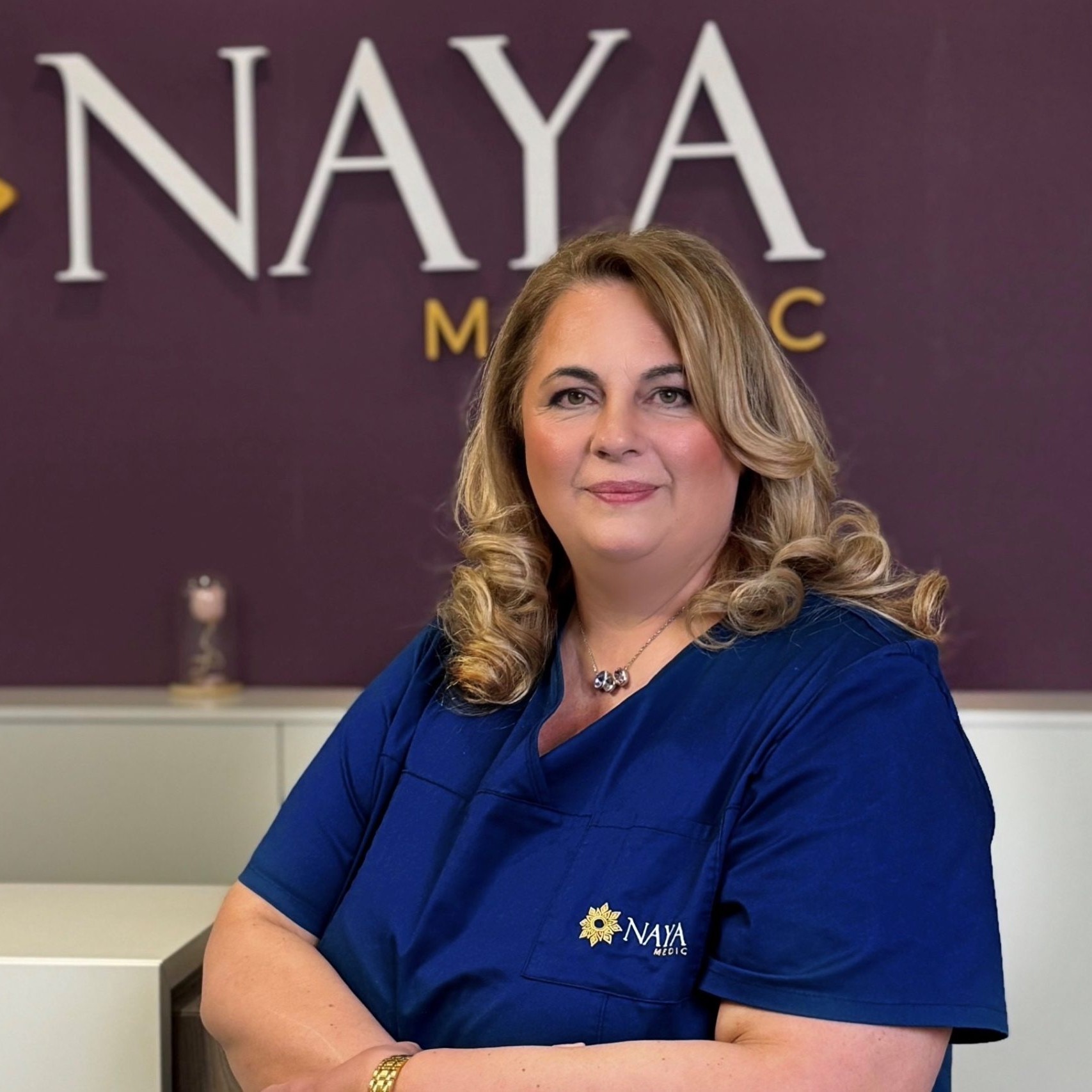In addition to its physical benefits, regenerative medicine treats and helps prevent age-related diseases such as Alzheimer's and Parkinson's. If you want to avoid the frailty and weakness that come with aging and continue enjoying life and the things you love, contact us to schedule a free consultation.
A longer lifespan, but…
Throughout life, all of our cells regenerate. However, as part of the aging process, this ability gradually declines starting around the age of 40.
Instead of expending energy to replace damaged cells with new ones, the body directs its efforts toward healing them. For example, when the skin is deeply injured, the body repairs it with scar tissue. Tissue repair mechanisms, such as wound healing, are not obstacles; rather, they serve as protective barriers, preventing harmful microbes from using the injured area as an entry point into the body.
Modern medicine has enabled longer lifespans, but with the rise of an aging population, the socioeconomic and medical burden caused by various diseases has also increased.
One of the modern anti-aging centers in Belgrade
Regenerative medicine has become a global sensation, offering recommendations on supplementation, exercise programs, hormone therapy, and other treatments to alleviate the effects of aging.
Scientists have long believed that aging results from the loss of critical instructions that cells need to differentiate and function properly—an idea known as the informational theory of aging.
Today, the key factors essential for regeneration and potential anti-aging therapy are well understood. Sirtuins, known as "guardians of genes," play a vital role in maintaining cellular health. They belong to a family of enzymes involved in cellular stress responses and damage repair. Additionally, they influence insulin secretion, aging processes, and age-related health conditions such as neurodegenerative diseases, diabetes, and skin changes.
Naya Medic Clinic is one of the modern anti-aging centers in Belgrade where this type of treatment can be applied.
The Krebs cycle, also known as the citric acid cycle
As the body ages, it accumulates DNA damage caused by environmental factors such as radiation, pollution, and errors in DNA replication. The buildup of DNA damage is a major cause of aging. Sirtuins play a key role in maintaining DNA integrity, which is constantly under attack from DNA-altering substances (mutagens).
Every time our cells divide, the DNA at the very ends of our chromosomes becomes slightly shorter. Sirtuins help stabilize these end parts, scientifically known as telomeres. Activating sirtuins requires NAD+. NAD+ is an essential coenzyme necessary for life and cellular functions. Without NAD+, mitochondria cannot metabolize, and cells will run out of energy, leading to their death.
NAD+ plays an active role in metabolic processes such as glycolysis, the Krebs cycle (also called the citric acid cycle), and the electron transport chain that takes place in the mitochondria. This is how cellular energy is produced. NAD+ is made in the body from smaller components or precursors. Cells use NAD+ for various purposes, some of the most important being energy production needed for cell function, activation of proteins that repair damaged DNA, and regulation of the circadian rhythm (which controls the body’s sleep-wake cycle). As we age, the amount of this molecule decreases.
NAD+ and sirtuins regulate various pathways that control aging and longevity and have the ability to protect mitochondrial function. Mitochondria are unique cellular structures that contain their own DNA and are often called the “powerhouses” of the cell. They convert molecules from food into energy that cells can use. Mitochondrial dysfunction and impaired cellular energy signaling are critical factors in aging and age-related metabolic diseases such as type 2 diabetes (T2DM), non-alcoholic fatty liver disease (NAFLD), and sarcopenia. Altered mitochondrial homeostasis, characterized by reduced NAD+ and SIRT1 activity, is considered a hallmark of muscle aging.
Tests to assess the biological age of the body
At Naya Medic Polyclinic, you can check the condition of your body and assess your biological age using Telomere testing.
Telomeres are short repeated nucleotide sequences at the ends of eukaryotic chromosomes that protect chromosomes from degradation by exonucleases. Telomeres protect chromosomes in two ways: they serve as a reservoir of non-coding DNA sequences and bind proteins that prevent the degradation of chromosome ends. It is believed that telomeres act as a clock that regulates the cell cycle and limits the cell’s ability to divide. What is known is that this damage process is reversible, and if we achieve regeneration of the body’s regenerative abilities, we can rejuvenate cells by 10 to 15 years and prevent the development of most chronic diseases caused by aging. By analyzing telomere length, we can assess the current biological age of the body. After three months, the test can be repeated to monitor the effects of supplementation on telomere length and overall regeneration of the body.
Call us and schedule your appointment today.


